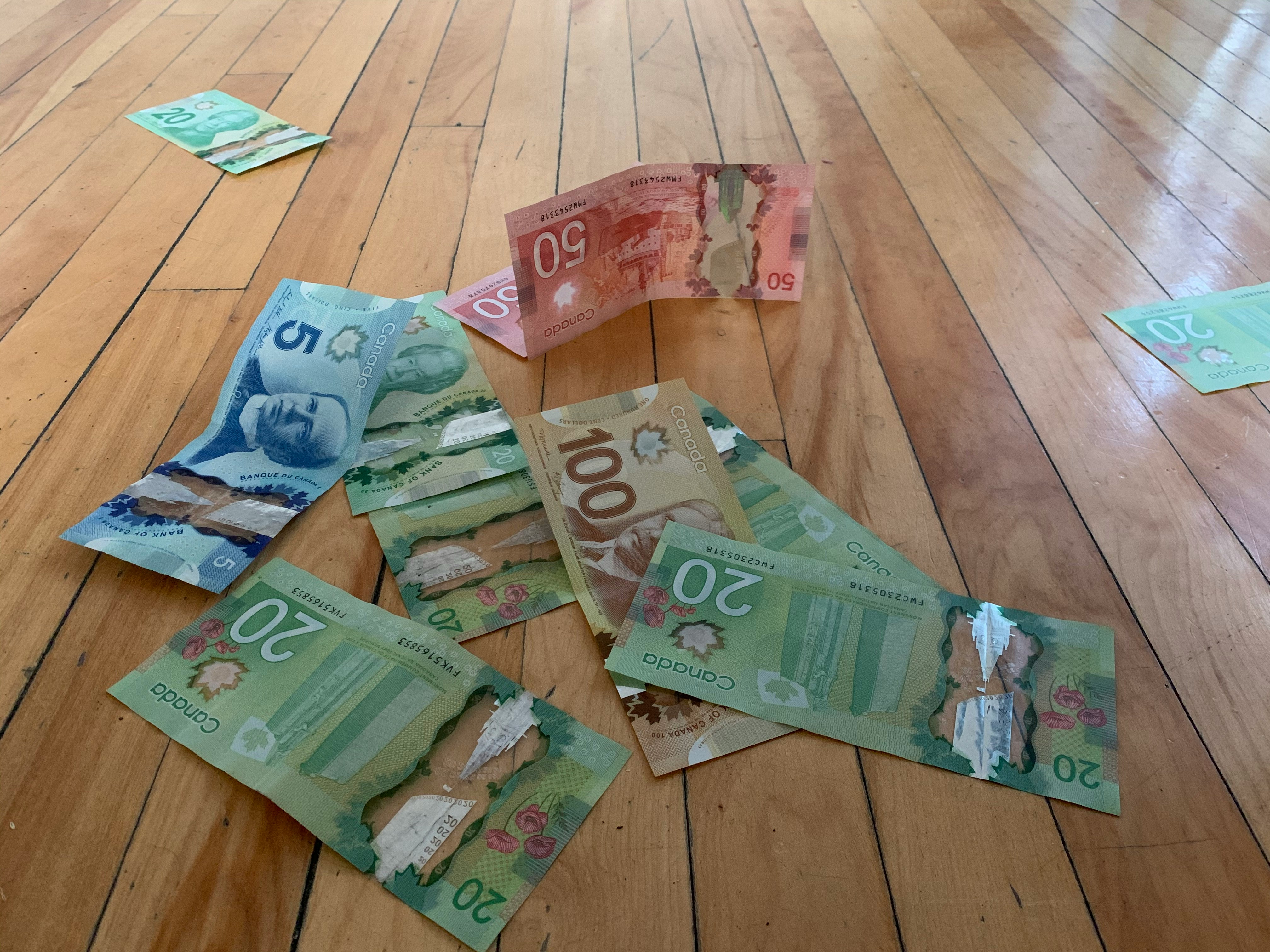Some Money Lessons That Changed How I Budget

When it comes to money, I’ve learned most of what I know the hard way: trial and error, plenty of mistakes, and slowly piecing together what actually works for me and my family. A couple of books really shifted my perspective early on—Rich Dad, Poor Dad and The Wealthy Barber. If you haven’t read them, I recommend starting there.
Over the years, I’ve collected a handful of money lessons that stick with me. I’m not a financial expert, but these are the principles I try to live by and teach my son along the way.
1. Pay yourself first.
Every paycheque, put something aside for savings or an emergency fund. Treat it like a bill—because if you wouldn’t miss your phone bill, you shouldn’t miss paying yourself either.
2. There are only two ways to have more money.
Make more of it—or spend less of it. That’s it. Everything else is noise.
3. Money is a tool, not the ride itself.
It’s easy to get caught up in chasing more money for the sake of it. But money isn’t the destination—it’s just the vehicle that helps you get where you want to go. With kids, this hits even harder: don’t lose sight of what actually matters.
4. Get the big picture.
Break down what you earn and what you spend. Put it all on paper—or a spreadsheet—so you can actually see where your money is going. It’s easier to make changes when you have a clear view of the whole picture.
5. Track your money.
Don’t just “hope” it all balances out. I use multiple accounts—one for savings, one for bills, one for spending, etc. When money comes in, I separate it right away. That way I always know what’s spoken for and what’s not.
6. Review your budget regularly.
Every time you get a raise—or at least once a year—revisit your budget. Lifestyle creep is real, and it’s easy to spend more without realizing it.
7. Teach financial literacy early.
Don’t rely on schools (or anyone else) to do this. Kids need to see and understand how money works in real life.
8. Always have an emergency fund.
Or at least access to money that won’t wreck you if you need to use it. Life happens—cars break, kids get sick, jobs change. Having a cushion matters.
9. Investing is a gamble.
That doesn’t make it bad—it just means you need to be aware. Savings accounts are stable; investing comes with risk. Accept that going in.
10. Save for your kids’ future.
Start as early as you can. Even $10 a week adds up to $520 a year. It might not seem like much, but over time it’s something—and “something” beats “nothing” every single time.
These are simple principles, but they’ve completely changed the way I look at money. For me, it’s not about chasing wealth—it’s about building stability, reducing stress, and setting up a foundation for my son.
Because at the end of the day, money isn’t the point.
The life you’re building with it is.
If you found this helpful and want more practical tips for navigating the early years of fatherhood, my book She Doesn’t Hate You. You Just Don’t Matter dives deeper into these lessons—and a few you won’t find anywhere else. You can check it out here
